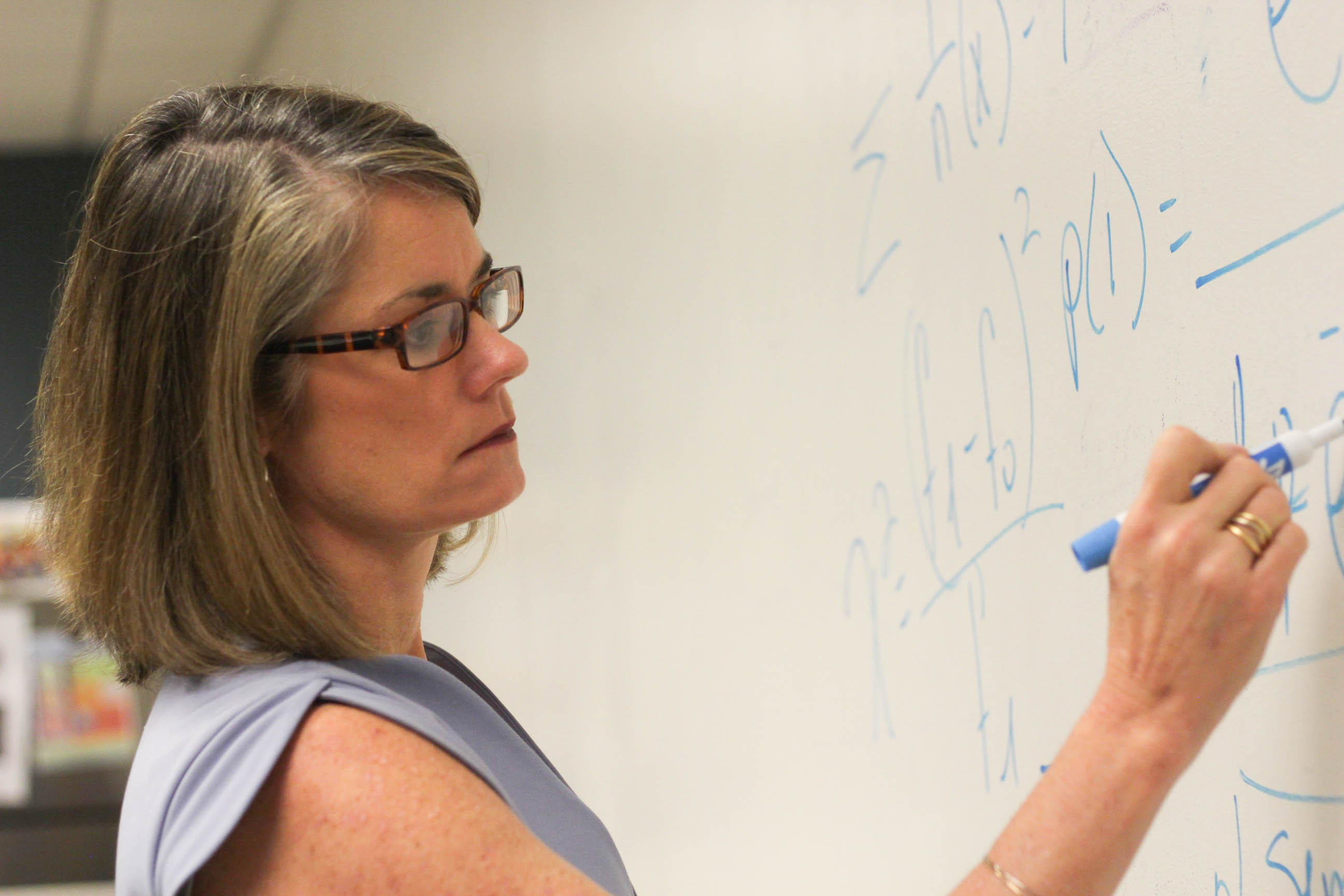Former President and business mogul Donald Trump has been indicted in Fulton County along with 18 co-conspirators for their efforts to overturn the 2020 election. Trump personally faces 13 state charges.
On Aug. 14, a grand jury moved to indict the 19 defendants on various conspiracy charges and other counts related to alleged efforts to overturn the results of the 2020 presidential election.
The investigation by Fulton County began in February 2021 following Trump’s now infamous Jan. 2, 2021, phone call to Georgia Secretary of State Brad Raffensperger. In the recorded conversation, Trump pressured the state official to “find 11,780 votes.“ Trump went on to state “we won the election, and it’s not fair to take it away from us like this” which perpetrated the existence of widespread voter fraud.
The 13 state charges include six counts of solicitation of violation of oath by a public officer and 11 counts of false statements. The most serious of these charges was the violation of Georgia’s Racketeer Influenced and Corrupt Organizations Act. RICO, which began as an anti-mafia law, allows the defendants to be charged for criminal acts that may have taken place in and outside the state of Georgia as part of the conspiracy of potential fraudulent business dealings according to the AJC.
Further charges come from the alleged conspiracy to overturn the election results through methods of racketeering. Actions included organized efforts to commit illegal acts, counts of influencing witnesses, attempts to commit computer theft and conspiracy to defraud the state. In Florida, there are 37 felony counts over his “willful retention of classified documents” at his residence in Mar-a-Lago.
There are an additional four felony counts in Washington concerning his involvement in the Jan. 6 Capitol Hill riot and alleged obstruction of justice following the incident. He also faces 34 felony counts of falsifying business records in New York state as per CBS News for alleged hush money payments to adult film actress Stormy Daniels. These other indictments have posed a potential conflict with the Fulton County case, requiring presiding Judge Tanya Chutkan to communicate with the other judges to set the trial date.
The co-conspirators include Rudy Giuliani, Mark Meadows, John Eastman, Sidney Powell, Jenna Ellis and Jeffery Clark: a Justice Department official appointed by Mr. Trump. Most prominent of those are Giuliani, Trump’s personal lawyer, and Mark Meadows, Trump’s White House Chief of Staff. Giuliani and Meadows are accused of allegedly taking part in the conspiracy to commit election fraud by pushing baseless claims. There are another 30 unnamed co-conspirators who were not indicted.
From AP News, Meadows stated in court testimony that his actions were not “outside my scope as chief of staff”, referring to alleged attempts to illegally keep Trump in power. A judge has also ruled that Giuliani is liable for defaming two Georgia election workers, Ruby Freeman and Shaye Moss, whom he accused of ballot manipulation in Fulton County.
“I’ve lost my name, and I’ve lost my reputation,” Freeman testified as per The New York Times.
Trump will be the first of the defendants to be arraigned on Sept. 6 where he is expected to enter a not-guilty plea according to CBS News. A trial date has been set for March 4 in Fulton County. The next day, March 5, also known as “Super Tuesday”, is crucial to Trump’s 2024 campaign as delegates participate in the GOP presidential primary. The results of this indictment could potentially affect the outcome of the primary.


